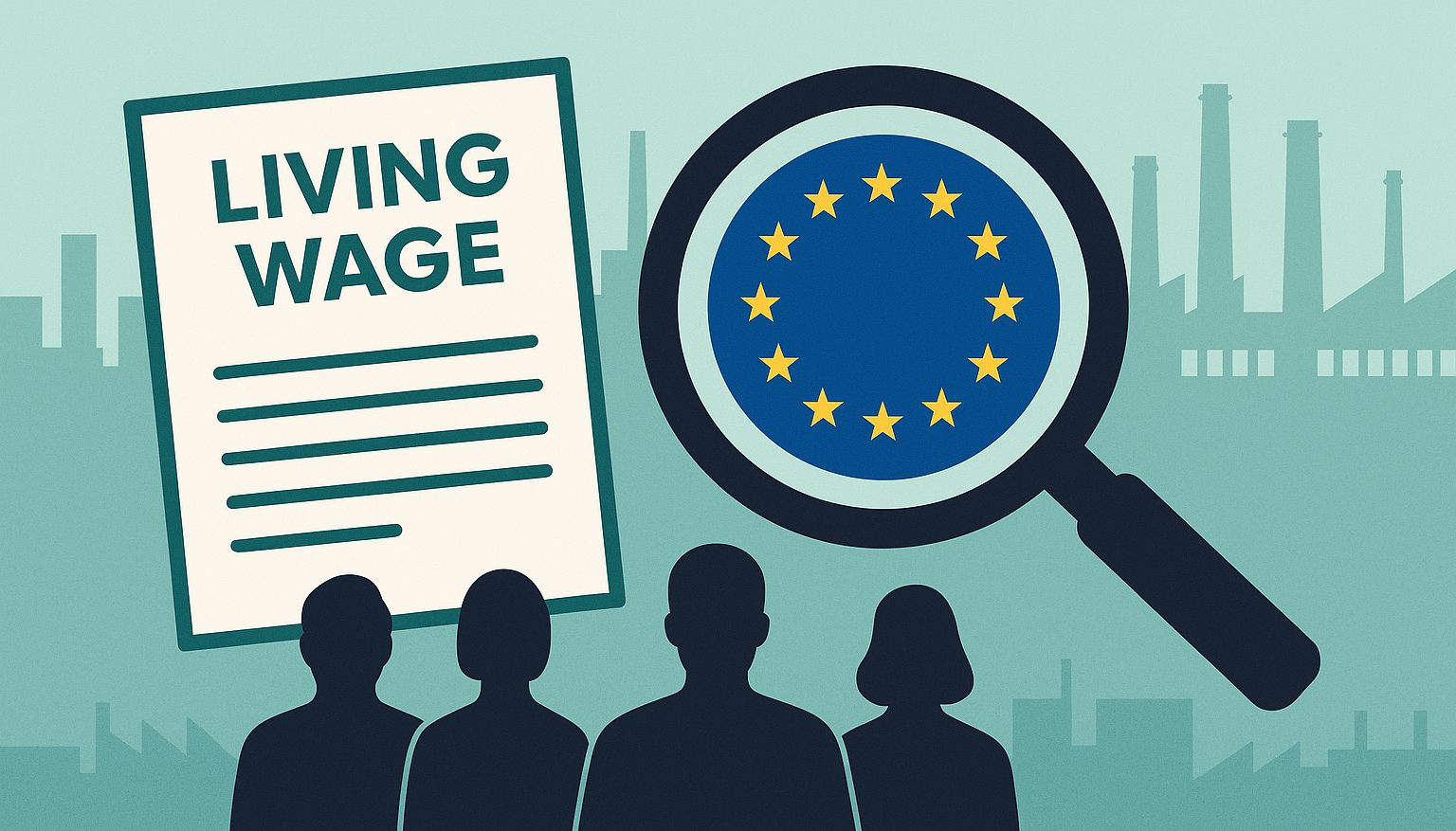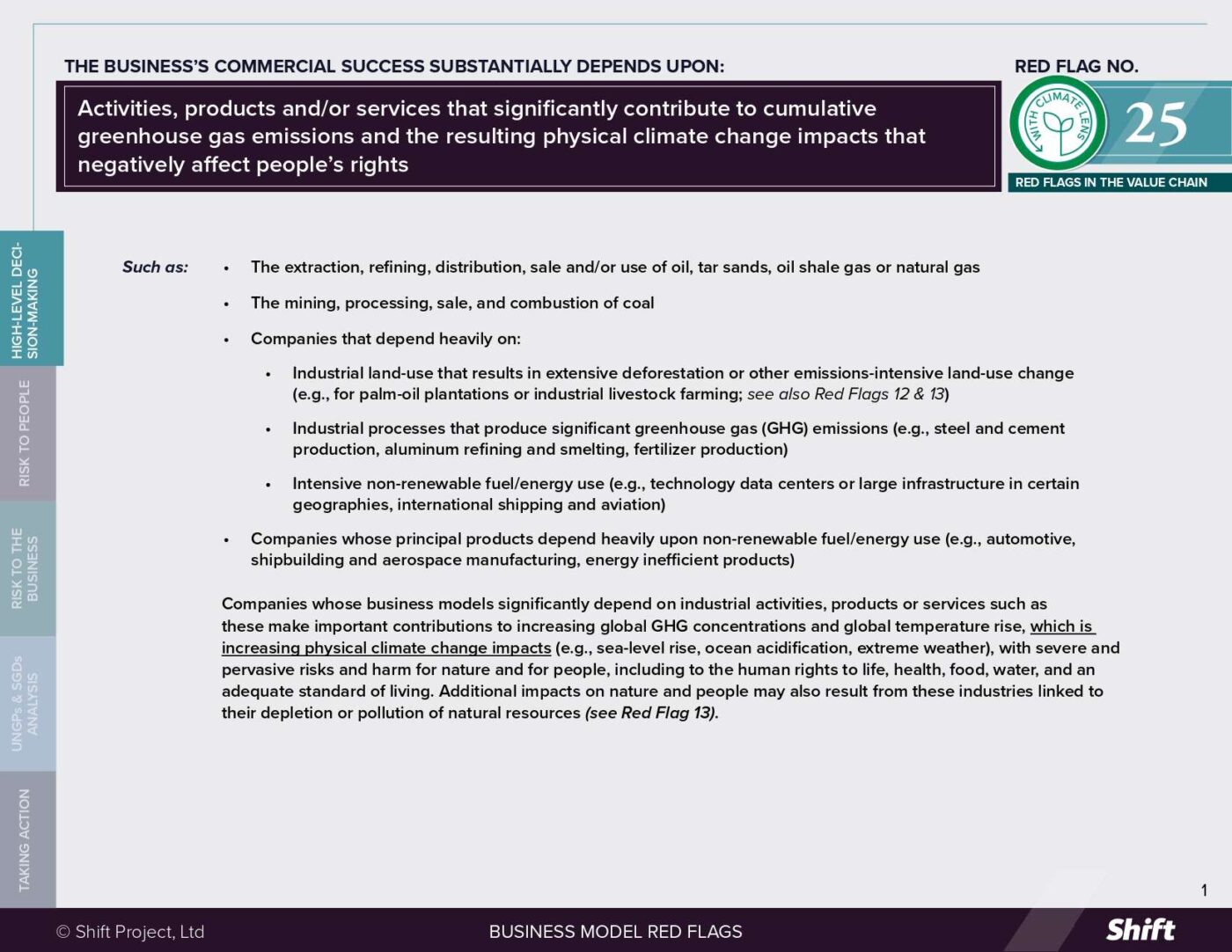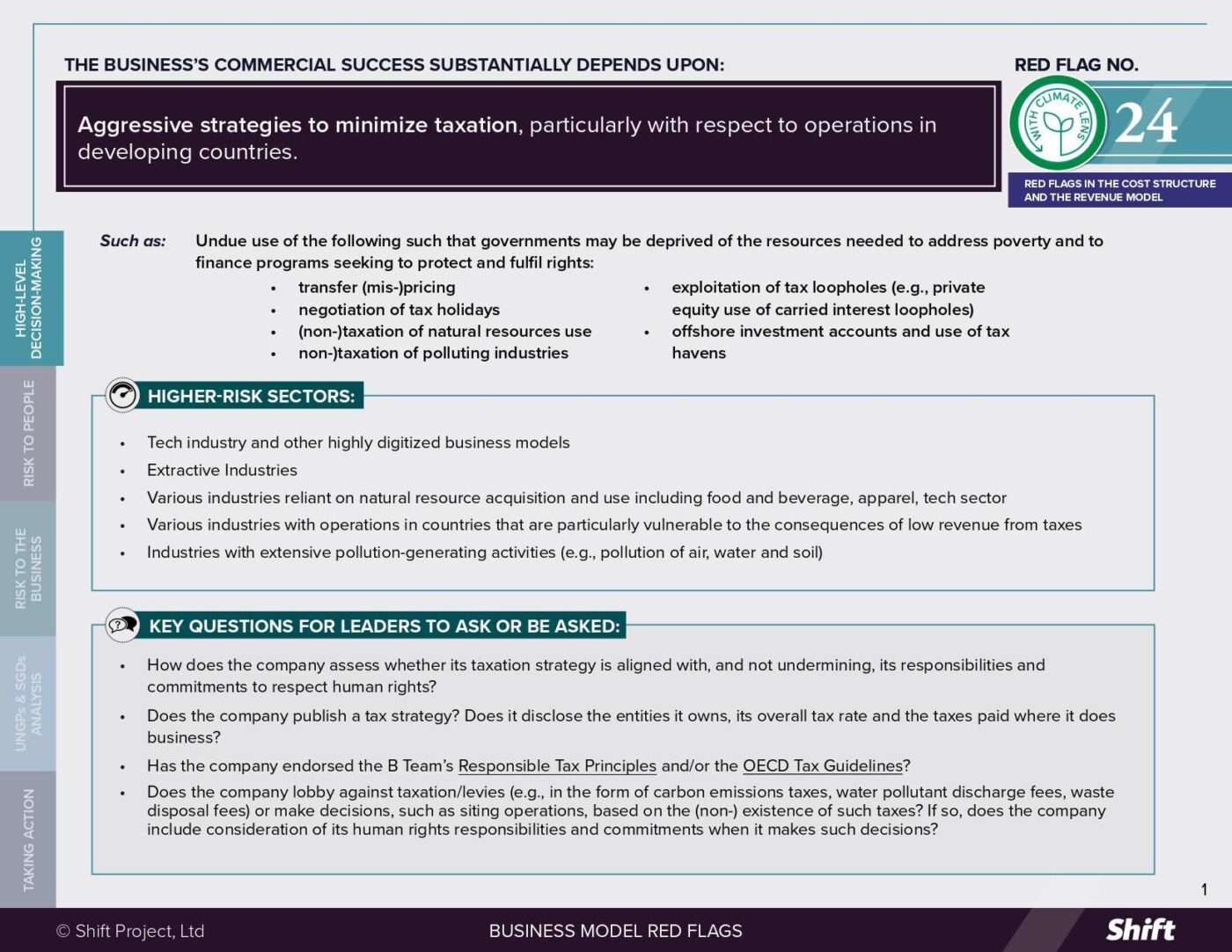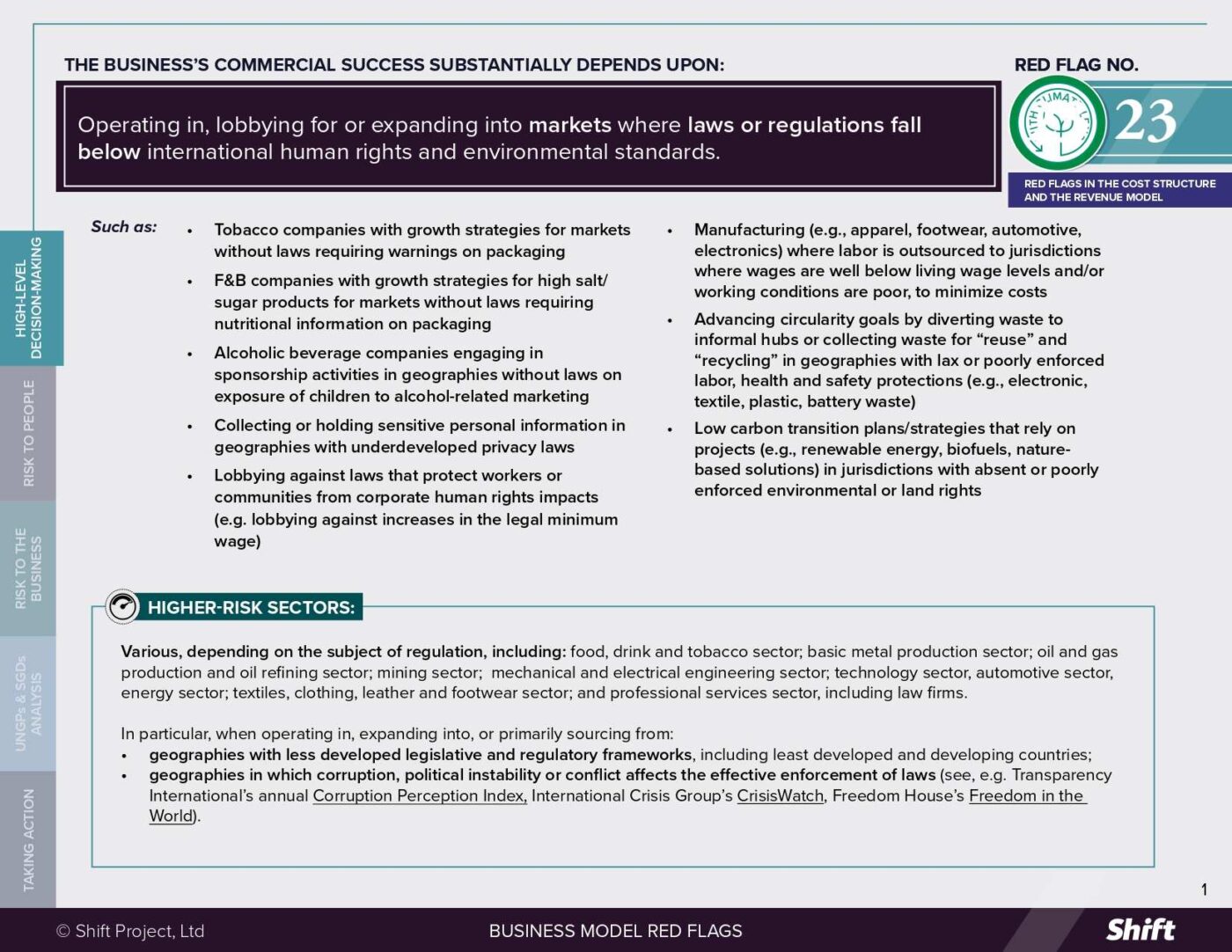September 15, 2025
By Ruben Zandvliet, Director for Standards and member of the EFRAG Sustainability Reporting Board & Jonathan Milläng, Senior Advisor
____
Global debates on poverty reduction and inequality are increasingly centered on the concept of a living wage. Upholding this human right is essential, as it raises the standard of living for vulnerable workers and creates the conditions for other key rights to be realized – including access to food, water, health, housing, education, family life, and fair working hours
Given its huge implications for millions around the world, it is critical that EFRAG — the European body advising the European Commission on reporting standards — gets the balance on living wages right in the revision of the European Sustainability Reporting Standards (ESRS).
The revision of the ESRS is part of the EU’s broader “Omnibus” initiative to simplify sustainability reporting and due diligence requirements, alongside proposed changes to the Corporate Sustainability Reporting Directive (CSRD) and the Corporate Sustainability Due Diligence Directive (CSDDD).
A critical step in advancing living wages is greater corporate transparency. For this reason, the ESRS must include strong disclosure requirements on “adequate wages”— the EU’s term for what is more widely known as a living or fair wage. When the ESRS were first adopted in 2023, few companies reported on living wages and the International Labour Organization (ILO) had not yet adopted its Principles for the Estimation of Living Wages. The ongoing revision of the ESRS under the EU’s Omnibus Simplification Package therefore provides an important opportunity to strengthen the relevant disclosure requirement. Unfortunately, the current Exposure Draft falls short of this expectation.
EFRAG is accepting comments on the draft until 29 September. This is a crucial moment to push for meaningful transparency on living wages.
The problem: A discriminatory and confusing standard
Under the revised draft ESRS, companies are still instructed to apply the “adequate wage” standard only for employees in the EU while relying on legal minimum wages as the benchmark for those outside the EU. This approach is deeply flawed:
- Minimum ≠ Adequate: In most countries, legal minimum wages fall well below what is needed for a decent standard of living. According to WageIndicator, only 29 of 178 countries have minimum wages that exceed living wage levels.
- Discriminatory: Employees outside the EU are measured against a weaker standard than their EU counterparts, creating a two-tier system that is unfair to workers, contrary to EU values, and misleading for investors and others who rely on companies’ reporting.
The draft further complicates matters by pushing the responsibility onto companies to determine whether local wage benchmarks align with ILO principles. While the ILO principles should indeed be the global reference point, expecting companies to make these technical determinations themselves is unrealistic. You can read our full analysis of the proposal here.
The consequence: Misleading disclosures and eroded trust
In the first year of ESRS reporting, many companies claimed to pay “adequate wages” to employees outside the EU simply because they met local minimum wage requirements. This undermines the credibility of disclosures and makes it impossible for investors, workers, and other stakeholders to compare practices across companies and geographies.
The opportunity: A fairer, smarter approach
The consultation on the revised ESRS runs until 29 September. This is a chance to correct the flaws in the Disclosure Requirement on adequate wages (S1-9) and ensure the standard lives up to its potential. We urge companies, investors, trade unions, civil society organizations, and living wage experts to contribute to the consultation.
The ESRS framework has the potential to be a powerful driver of transparency and accountability. But without the right reference points and methodologies that reflect the actual meaning of disclosures, much of that potential will be lost. Now is the time to get the details right.
👉 We encourage all stakeholders to engage in the process through the Public Consultation Survey. For those responding, Question 28: ESRS S1 – Calculation approach to adequate wages outside the EU – is the place to register concerns with the proposed approach. Our analysis offers perspectives that may help in shaping a response.
For further reading: See our full analysis Making ESRS disclosures on adequate wages (S1-9) fair and workable here.




